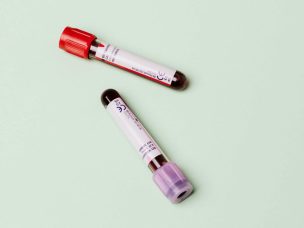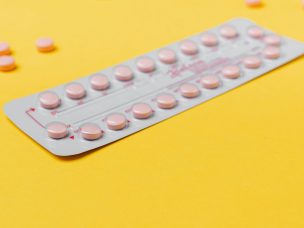FRIDAY, Nov. 13, 2020 (HealthDay News) — In elderly adults, vitamin D supplementation, omega-3 supplementation, and strength training, individually or in combination, do not improve clinical outcomes, according to a study published in the Nov. 10 issue of the Journal of the American Medical Association.
Heike A. Bischoff-Ferrari, M.D., from the University Hospital Zurich, and colleagues conducted a double-blind, placebo-controlled, 2 x 2 x 2 factorial randomized clinical trial among 2,157 adults aged 70 years or older with no major health events in the previous five years. Participants were randomly assigned to three years of intervention in one of the following: 2,000 IU/day vitamin D3, 1 g/day omega-3, and a strength-training exercise program; vitamin D3 and omega-3; vitamin D3 and exercise; vitamin D3 alone; omega-3 and exercise; omega-3 alone; exercise alone; or placebo. The primary outcomes were change in systolic and diastolic blood pressure, the Short Physical Performance Battery, Montreal Cognitive Assessment, and incidence rates of nonvertebral fractures and infections during a three-year follow-up.
The researchers found that at three years, there were no statistically significant benefits for any interventions individually or in combination. Twenty-five deaths occurred, with similar numbers in all treatment groups.
“In this five-country European trial of 2,157 adults aged 70 years or older without major comorbidities, vitamin D, omega-3s, and a strength-training exercise program, individually or in combination, did not improve six primary health end points,” the authors write.
Several authors disclosed financial ties to pharmaceutical and nutrition companies, some of which provided funding for the study.
Abstract/Full Text (subscription or payment may be required)










